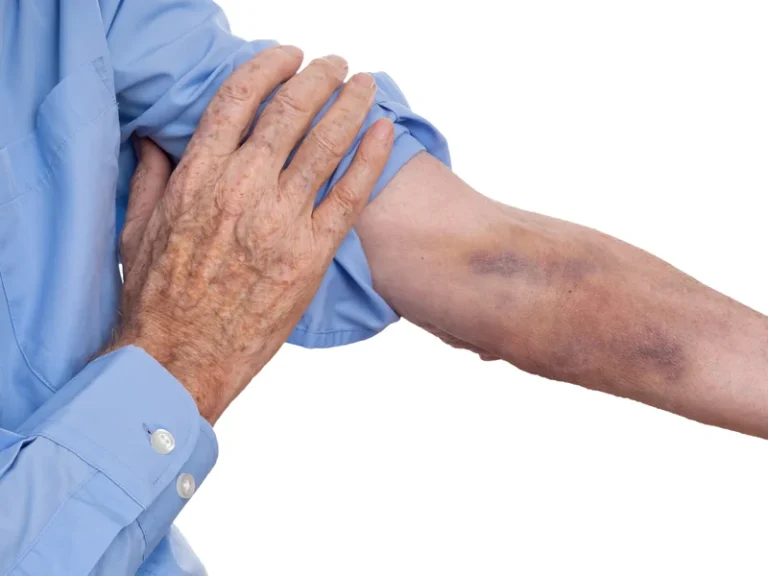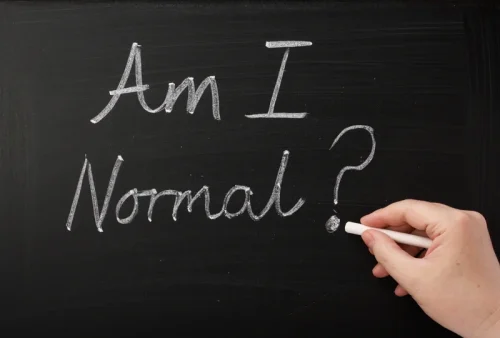
If they do not have an epinephrine injection to treat anaphylaxis right away, it could be fatal. If a person thinks they have an alcohol allergy, they should eliminate alcohol from their diet and consult with a healthcare professional. However, some people with Hodgkin lymphoma experience pain in their lymph nodes after consuming alcohol. The immune system overreacts to this exposure in the body, treating alcohol as a threat.

Tips for Coping With Alcohol Relapse Triggers
- We dive into the common symptoms, causes, and risks of alcohol intolerance so you can understand why your body is reacting this way.
- No, not everyone experiences sneezing after consuming alcohol.
- People with alcohol intolerance may notice one or more of these symptoms after taking a few sips of alcohol.
- Common allergens in beer include gluten, histamine, sulfites, and yeast.
- But, if it happens after drinking, without any other weird lifestyle or dietary changes, there’s a high probability that the symptoms are linked to those wine spritzers.
- The body produces antibodies, and when they encounter alcohol, they set off a systemic allergic reaction.
“They may also be accompanied by a red rash, swelling to the eyes, lips, face, breathing difficulties, stomach upset, feeling dizzy or faint due to low blood pressure,” she adds. “Allergic conditions may be genetic but, can happen in people with no family history too.” If you feel ill after drinking alcohol but don’t experience symptoms at any other time, it’s possible that you have an alcohol intolerance. Alcohol intolerance can make you feel dizzy or unsteady. This article provides clarity by explaining the key differences between alcohol intolerance and alcohol allergy. We dive into the common symptoms, causes, and risks of alcohol intolerance so you can understand why your body is reacting this way.

Labored or Restricted Breathing
If you have symptoms after drinking beer, but not after drinking wine or other alcoholic beverages, it’s not alcohol intolerance. More likely, you’re allergic to or sensitive to a particular ingredient in that beer. This will help to soothe the mucous membranes in your nose and prevent them from swelling and triggering a sneeze. Like wine, beer also contains histamines, which can trigger sneezing.

What are the symptoms of alcohol allergy?

If you have these symptoms after drinking beer, call 911 or go to the nearest ER. People with alcohol intolerance react quickly to consuming alcohol. Two common symptoms are facial flushing, in which the skin on the face quickly turns red, and nasal congestion. Some people may experience uncomfortable symptoms when drinking alcohol because they are intolerant to an ingredient in certain alcoholic beverages. The symptoms of histamine intolerance are similar to an allergic reaction.
People with this condition usually experience swelling in the lymph nodes in areas including the neck, armpits, or groin. Alcohol allergy symptoms can range from mild, such as an itchy mouth or eyes, to severe, including vomiting sneezing after drinking alcohol or anaphylaxis. An alcohol allergy occurs when the immune system overreacts to alcohol entering the body. We will also look at what causes alcohol allergies and review the differences between alcohol allergy and intolerance.
Microplastics in Alcohol: A Hidden Risk for ALDH2 Deficient Drinkers
If your symptoms are very mild, you may have a food sensitivity rather than a true allergy. It can be uncomfortable, but it’s not an immune system response and isn’t as serious. But experts do know that nonallergic rhinitis happens when blood vessels in the nose expand. These blood vessels fill the tissue that lines the inside of the nose.
What Does It Mean to Have a Beer Allergy?
The maximum effect won’t be achieved for several days or weeks. Like antihistamines, these sprays are most effective if they’re used regularly. Prescription nasal antihistamines can help relieve sneezing, postnasal drip, and congestion. However, they are more effective if they’re used regularly.